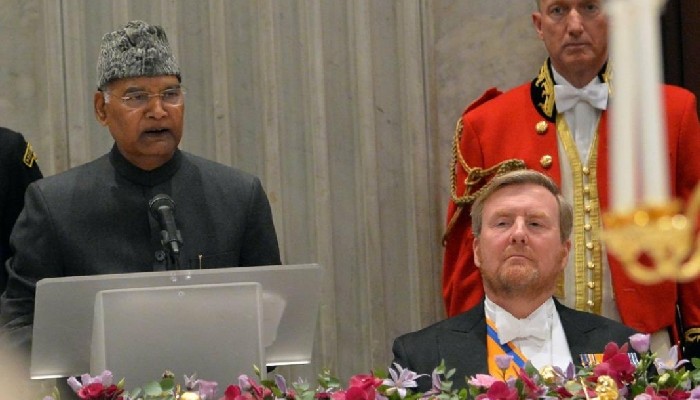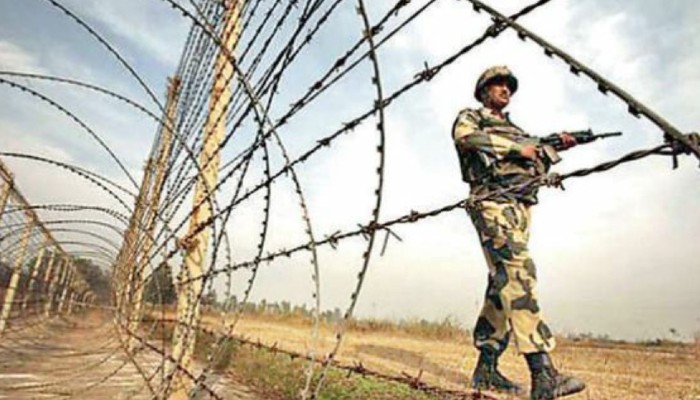Seeing the public response, even those political parties which were earlier opposed to participation have jumped into the fray
Given the enthusiasm of the public across Jammu and Kashmir, the month-long elections to the District Development Councils (DDCs) – the top tier in the local self-governance model under the Panchayati Raj Act – beginning November 28 is likely to see unprecedented voters’ participation in the union territory.
For the first time, voters in J&K would choose 280 elected representatives – a set of 14 for each of the 20 districts – on the party-basis. The DDC will take decisions on developmental issues as it replaces a selected committee comprising state lawmakers and ex-officio bureaucrats.
“This is going to be a game-changer in J&K as people have sensed the power it will give them to be in charge of the issues of development,’ said Javaid Trali of J&K Policy Institute, a Srinagar-based think tank.
Trali feels the DDC poll campaign has galvanized voters and aspiring young men and women to contest as never before. For the first time, a common man feels empowered to make changes around his village and town.
J&K is a relatively underdeveloped state where people, especially in rural areas, had to hanker after an MLA or a bureaucrat to fix as petty a problem as the repair of a power transformer or making a pucca road.
Politically, the DDC election has shaken the parties out of complacency and self-importance. The leaders of the seven-party group called “Gupkar alliance” had vowed against joining elections till status quo ante was restored. In fact, they had boycotted the village-level elections.
However, seeing the eventuality of DDC polls and public response, these parties have jumped into the fray. The alliance led by two former chief ministers Farooq Abdullah of the National Conference and Mehbooba Mufti of the Peoples’ Democratic Party (PDP) is fielding common candidates to fight against the BJP.
Apni Party, comprising aspiring leaders with proximity to BJP, is another force in the fray. Besides the party candidates, a large number of independent candidates are filing papers for DDC polls.
“For the first time, people in Kashmir are realizing that one doesn’t have to be from a political family to join politics; this is a revolutionary idea,” said Trali. Filing papers is no longer a quiet and hush-hush affair but a celebration; each candidate is accompanied by a group of cheering supporters.
The campaigning for DDC polls to be held in phases during November 28- December 22 is going apace with candidates holding small meetings in villages at local hubs and through social media. The runup to the election is a charged scenario, especially in Kashmir.
For Shafi Mir, a political activist, the DDC election is the logical culmination of his campaign to see the full-fledged Panchayati Raj implemented in J&K. Under the aegis of All J&K Panchayati Conference, Mir had been fighting for local self-governance for 8 years. “With DDC elections our role is over and now my supporters are campaigning for Apni party candidates in Poonch and Rajouri,” he said.
Mir says the importance of DDC polls is signified by the seven-party conglomerate coming onboard. “They are trying to raise emotive issues like Article 370 etc but electors are clear that this election is for choosing the right persons to transform the villages and towns.”
As campaigning is on, there are key signs of a major shift in the ground situation in J&K. For example, the pro-Pakistan conglomerate Hurriyat Conference members have gone into hibernation after the August 5, 2019 changes in J&K’s status; terrorist groups have refrained from issuing threats to the contestants in DDC polls although they had done so in the village and block level polls earlier.
A senior revenue officer posted in central Kashmir told this reporter that for the first time people are excited about elections. “In between the first two tiers (Panchayat and Block Development Council) and the coming election, a lot of things have changed on the ground as a result people have realized the government means to give power in their hands for the development of their area and society.”
Predicting a voter turnout of about 90 per cent in the DDC elections in this area, the officer said she was witnessing an unprecedented assertion by and interest of people in issues of governance. “As it would happen in the past, people are no longer detached from the election process, for this time it’s no longer about voting for an ideology or a person; they know this election will empower them as never before and transform their areas,” she said.
 Contact Us
Contact Us  Subscribe Us
Subscribe Us









 Contact Us
Contact Us
 Subscribe
Subscribe
 News Letter
News Letter

